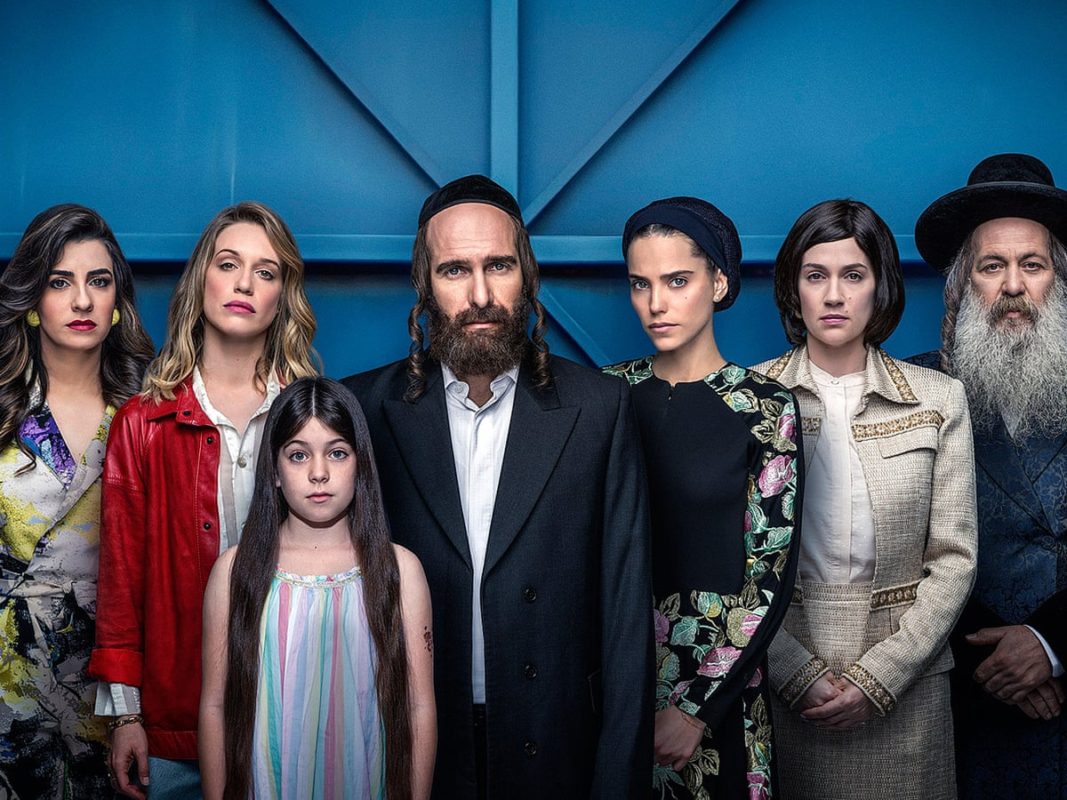At some obscure turning-point in the history of Jewish observance, three religious practices were chosen to become the yardstick by which one’s religiosity is measured. Beside the external appearance and Shul attendance, you can bet that when someone is defined as “very religious”, “somewhat religious”, or “not religious at all” the speaker thinks of Shabbat, Kosher, and family purity. Synagogues, schools, and communities divide along these lines, as well as the whole State of Israel. It is very rare to hear nowadays a sane voice such as that of my late grandfather, Hakham Shaul Fetaya, who refused to use the terms דתי וחילוני – religious and secular. We are all observant, he used to say, only that each one chooses different Mitzvot to observe.
Reading this week’s Haftarah, it becomes obvious that the prophet Isaiah would not have given anyone a pass of religiosity based on Shabbat observance. God, speaking through him, rebukes those who observe Shabbat and holidays, rejects their sacrifices, and asks them to stop frequenting the Temple:
לָמָּה־לִּ֤י רֹב־זִבְחֵיכֶם֙? יֹאמַ֣ר יי! שָׂבַ֛עְתִּי עֹל֥וֹת אֵילִ֖ים וְחֵ֣לֶב מְרִיאִ֑ים, וְדַ֨ם פָּרִ֧ים וּכְבָשִׂ֛ים וְעַתּוּדִ֖ים לֹ֥א חָפָֽצְתִּי. כִּ֣י תָבֹ֔אוּ לֵרָא֖וֹת פָּנָ֑י, מִי־בִקֵּ֥שׁ זֹ֛את מִיֶּדְכֶ֖ם רְמֹ֥ס חֲצֵרָֽי? לֹ֣א תוֹסִ֗יפוּ הָבִיא֙ מִנְחַת־שָׁ֔וְא, קְטֹ֧רֶת תּוֹעֵבָ֛ה הִ֖יא לִ֑י, חֹ֤דֶשׁ וְשַׁבָּת֙ קְרֹ֣א מִקְרָ֔א לֹא־אוּכַ֥ל אָ֖וֶן וַעֲצָרָֽה. חָדְשֵׁיכֶ֤ם וּמוֹעֲדֵיכֶם֙ שָׂנְאָ֣ה נַפְשִׁ֔י, הָי֥וּ עָלַ֖י לָטֹ֑רַח, נִלְאֵ֖יתִי נְשֹֽׂא! וּבְפָרִשְׂכֶ֣ם כַּפֵּיכֶ֗ם אַעְלִ֤ים עֵינַי֙ מִכֶּ֔ם, גַּ֛ם כִּֽי־תַרְבּ֥וּ תְפִלָּ֖ה אֵינֶ֣נִּי שֹׁמֵ֑עַ, יְדֵיכֶ֖ם דָּמִ֥ים מָלֵֽאוּ
What will I do with your many sacrifices? I have had enough of your burnt rams and the fat of sheep, and I do not want to see the blood of oxen, sheep, and goats. You come to see My face, but who asked you to do that, to trespass my property? Bring no more false offerings and abominable incense! I do not wish to attend your profane gatherings on Shabbat and the New Month. I detest your months and holidays; they have become a burden I cannot tolerate. Even if you [drop the sacrifices and simply] raise your hands in prayer, I will look away. I will not hear your many prayers since your hands are soiled with blood and stolen money!
Isaiah’s audience was probably shocked by his words. Looking at each other, they would probably ask what is he talking about. We are good Jews, they’d say, we come to Temple every Shabbat, we do our prayers, we only eat kosher animals. But the prophet goes on to remind them that they failed the religiosity test on civics and business ethics. They do not take care of the widow and the orphan. They do not pay attention to the needs of the weaker strata of society. They embezzle and deceive each other. This is not what God wants. First, Isaiah says, clean your act, return what you have stolen, establish justice and act with loving kindness, then you will be redeemed.
I used to say in my classes, based on this and other biblical passages, mainly from the prophets, that if grades were given on religiosity, and we had to grade one who only keeps the mitzvoth between us and God, and one who only keeps the mitzvoth between us and other humans, the latter will have a better grade. Some of my listeners, however, argued that we cannot grade observance and that we do not know God’s calculation system. I have therefore decided to present the question differently:
Assuming that to be an “Observant Jew”, one must observe the whole package, who of the following two has a better chance of doing so? [the characters have been intensified for dramatization, as no such people exist]:
- The shulgoer, who keeps Shabbat, Kosher, and family purity, but is lax when it comes to business ethics, civility, respect for the law, and contribution for his country, or
- The “non-observant”, who serves his country, takes good care of family, is honest and polite in all his dealings, and who has great respect for other humans and for the planet.
Most [honest] people will admit, albeit after some deliberations, that the second person is much closer to achieving the coveted title of “Observant Jew”, whether because of the intuitive understanding that the whole purpose of the Torah is to educate us to be better people and to create a better human society, or the acknowledgement that it is much more difficult to change the behavior of the first person than the religious beliefs of the second.
Let us heed the call of Isaiah and put aside religious yardsticks, measuring tapes, and labels. Let us start obsessing over the exact amounts, measures, times, formulas, and actions needed to fulfill the Mitzvoth between us and other human beings, just as we obsess over them when needed to fulfil our obligations towards God.
God will be much happier if we did that, and more importantly, the world will be a much better place for all mankind.








Ohr HaChaim Yomi – Emor